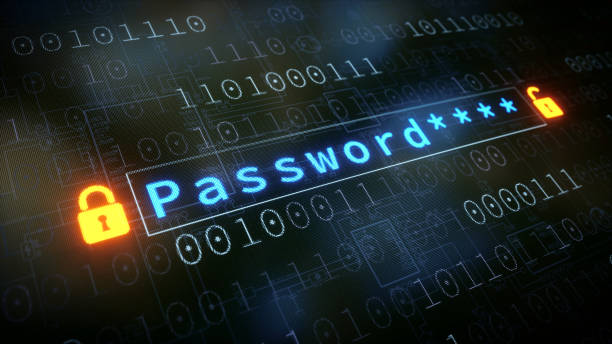Introduction:
Small businesses are increasingly becoming targets of cyber attacks. With the rise of technology, small businesses have more access to sensitive data and are becoming more vulnerable to cyber threats. However, small businesses often have limited resources to protect themselves, making them more susceptible to cyber-attacks. In this article, we will explore the ways that small businesses can protect against cyber attacks and keep their data safe.
Implement Strong Passwords
One of the simplest and most effective ways to protect against cyber attacks is to implement strong passwords. Passwords are often the first line of defense against cyber attacks, and using strong passwords can make it much harder for hackers to gain access to your data. It’s important to use a combination of letters, numbers, and special characters in your passwords, and to avoid using easily guessable information like your name or birthdate.

Use Antivirus Software
Another important step in protecting against cyber attacks is to use antivirus software. Antivirus software is designed to detect and remove malware and other malicious software from your computer, keeping your data safe from cybercriminals. It’s important to keep your antivirus software up to date and to run regular scans to detect and remove any malware that may have been installed on your computer.
Keep Your Software Up to Date
Keeping your software up to date is another important step in protecting against cyber attacks. Software updates often include security patches that address vulnerabilities in the software, making it harder for hackers to exploit them. It’s important to keep your operating system, antivirus software, and other software up to date to ensure that you have the latest security updates.
Use Firewalls
Using firewalls is another way to protect against cyber attacks. Firewalls are designed to block unauthorized access to your network, making it harder for hackers to gain access to your data. It’s important to have a firewall in place on your computer and to configure it properly to ensure that it’s providing the maximum level of protection.
Back-Up Your Data
Backing up your data is another important step in protecting against cyber attacks. Backing up your data ensures that you have a copy of your data that you can restore in case of a cyber attack. It’s important to back up your data regularly and to store the backup in a secure location that’s not connected to your computer.
Educate Your Employees
Educating your employees is another important step in protecting against cyber attacks. Employees are often the first line of defense against cyber attacks, and it’s important to make sure that they understand the importance of cybersecurity and how to protect against cyber attacks. It’s important to provide your employees with regular cybersecurity training and to make sure that they understand the importance of strong passwords, antivirus software, and other security measures.
Conclusion:
Small businesses are becoming increasingly vulnerable to cyber attacks, but there are steps that you can take to protect yourself. By implementing strong passwords, using antivirus software, keeping your software up to date, using firewalls, backing up your data, and educating their employees, small businesses can take steps to protect themselves against cyber attacks and keep their data safe.

